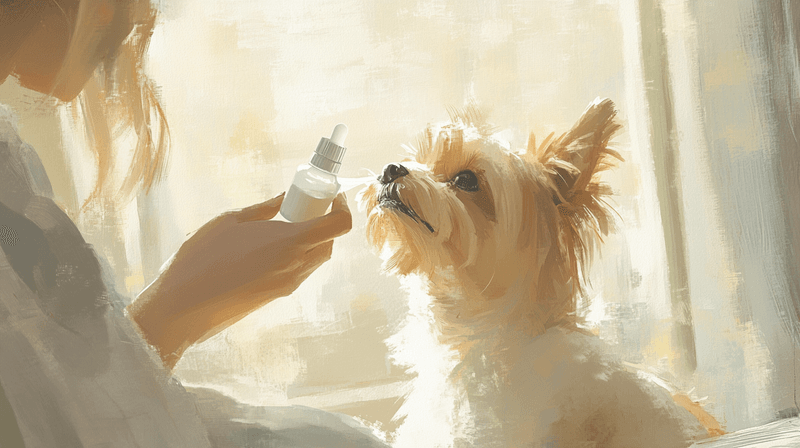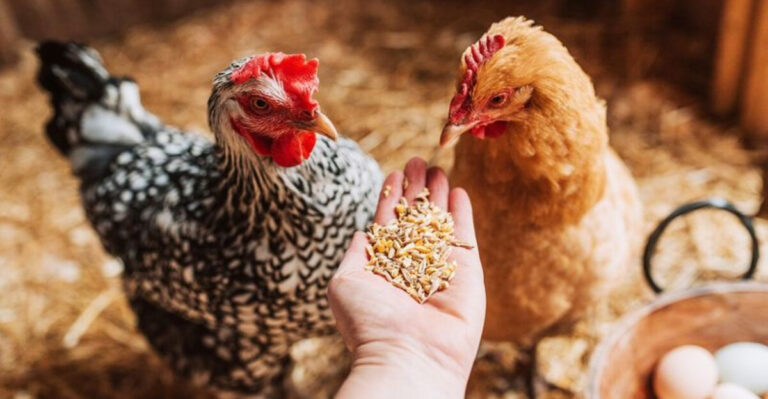15 Ways To Keep Your Yorkshire Terrier Healthy And Happy

Those tiny paws and silky coats hide the mighty spirit of a Yorkshire Terrier! These pint-sized pups pack personality and charm into every inch of their small frames.
Keeping your Yorkie healthy and happy requires special attention to their unique needs, from their famous flowing locks to their energetic temperaments.
1. Premium Food Makes All The Difference

Small dogs need big nutrition! Choose high-quality dog food specifically formulated for small breeds with real meat as the first ingredient.
Yorkies have fast metabolisms and need nutrient-dense meals divided into 2-3 small portions daily to maintain their energy levels and prevent hypoglycemia.
2. Daily Dental Care Prevents Problems

Those tiny teeth need regular attention! Dental disease affects nearly 80% of dogs by age three, with small breeds like Yorkies especially vulnerable.
Brush your Yorkie’s teeth several times weekly using dog-specific toothpaste. Dental chews and regular professional cleanings help prevent painful issues and costly extractions down the road.
3. Regular Grooming Maintains That Signature Coat

Yorkies don’t shed much but require consistent grooming. Their silky, human-like hair grows continuously and easily tangles without proper care.
Brush your pup daily with a pin brush and metal comb to prevent mats. Schedule professional grooming every 4-6 weeks to keep that gorgeous coat manageable and healthy.
4. Exercise In Small, Frequent Sessions

Don’t let their size fool you! Yorkies have surprising energy reserves and need regular exercise to stay fit and prevent behavior problems.
Aim for two 15-minute play sessions daily rather than one long walk. Indoor games like fetch and gentle tug-of-war are perfect for rainy days and keep their active minds engaged.
5. Watch Their Joints And Bones

Jumping from furniture can be risky business for tiny Yorkies! Their delicate leg bones and joints are susceptible to injury, especially from heights that seem modest to us.
Provide pet stairs or ramps for accessing beds and couches. Be careful when picking up your Yorkie—always support both their chest and hindquarters to prevent strain.
6. Temperature Regulation Is Crucial

Yorkies struggle with temperature extremes due to their small size. They can quickly overheat in summer and become dangerously cold in winter.
Provide plenty of fresh water and shade during hot weather. In cold months, a well-fitted sweater isn’t just cute—it’s essential protection when venturing outdoors for potty breaks.
7. Mental Stimulation Keeps Them Sharp

Boredom leads to trouble with these clever little dogs! Yorkies rank among the more intelligent toy breeds and need mental challenges to prevent destructive behaviors.
Rotate a collection of puzzle toys that dispense treats when solved. Teaching new tricks weekly keeps their minds active and strengthens your bond through positive reinforcement.
8. Prevent Hypoglycemia Through Regular Meals

Sugar crashes aren’t just unpleasant—they’re dangerous for tiny Yorkies! These small dogs have limited glycogen reserves and can experience rapid drops in blood sugar.
Feed puppies 3-4 times daily and adults at least twice daily. Keep honey or maple syrup handy for emergencies and recognize symptoms like weakness, confusion, or trembling as potential hypoglycemia warning signs.
9. Socialize Early And Often

Fearless personalities need proper socialization! Without early exposure to different people, pets, and situations, Yorkies can become overly protective or fearful.
Arrange puppy playdates with gentle, vaccinated dogs. Expose your Yorkie to various environments, sounds, and friendly strangers during their formative months to develop a confident, well-adjusted adult temperament.
10. Train With Positive Methods

Harsh training backfires with sensitive Yorkies! Despite their bold attitudes, these dogs respond poorly to punishment-based methods and can become fearful or stubborn.
Use treats, praise, and play as rewards for good behavior. Keep training sessions short (5-10 minutes) but frequent, focusing on one command at a time until mastered before moving to the next.
11. Regular Vet Checkups Catch Problems Early

Small dogs can hide big health issues! Yorkies are prone to certain conditions including collapsed trachea, dental problems, and patellar luxation that benefit from early detection.
Schedule wellness exams every six months rather than annually. Regular blood work and dental evaluations help catch developing issues before they become serious, potentially adding years to your Yorkie’s life.
12. Protect Those Precious Eyes

Bulging eyes need special protection! Yorkies are susceptible to eye injuries and conditions like dry eye or progressive retinal atrophy.
Keep hair trimmed around their eyes to prevent irritation. Watch for excessive tearing, redness, or cloudiness and seek veterinary care promptly. Consider dog-safe eye drops during dry winter months to maintain comfort.
13. Create A Safe Home Environment

Yorkies are tiny explorers in a big, sometimes dangerous world! Their curious nature and small size make household hazards especially threatening.
Secure trash cans with locking lids to prevent access to toxic foods. Keep medications, cleaning supplies, and small objects that could be swallowed out of reach. Consider baby gates to block access to stairs until you’re confident in your Yorkie’s abilities.
14. Establish A Consistent Routine

Predictability creates confidence in these small companions! Yorkies thrive when they know what to expect throughout their day.
Set regular times for meals, walks, play, and bedtime. This consistent schedule helps prevent anxiety and reduces accidents. Even on weekends, try to maintain similar timing for key activities to keep your Yorkie feeling secure.
15. Provide Comfortable Sleeping Arrangements

Quality sleep matters for these energetic pups! Yorkies need 12-14 hours of sleep daily and appreciate having their own special spot.
Offer a bed with raised sides for security and warmth. Place it in a draft-free area away from household traffic but close enough to family activities to prevent separation anxiety. Washable bedding helps manage their sensitive skin needs.






